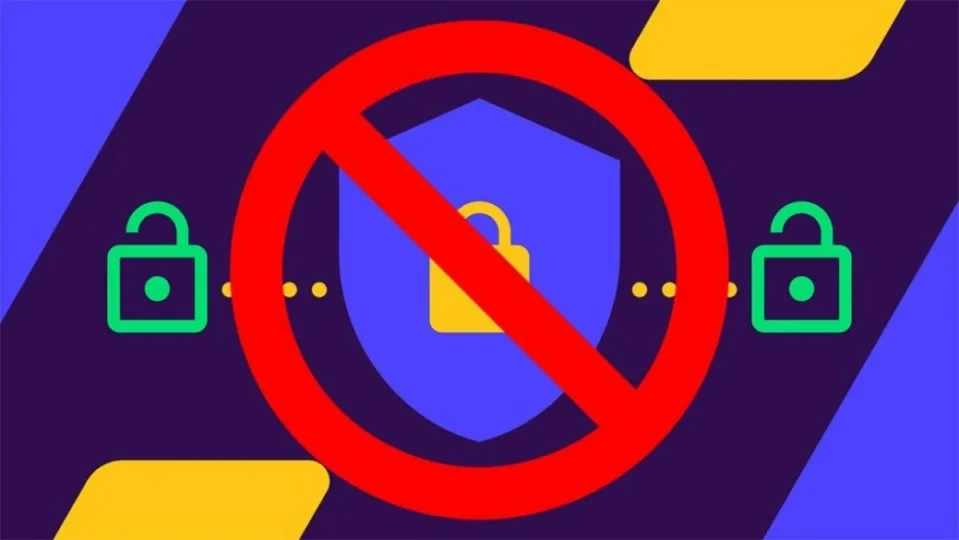Hold on, it’s coming: the Spanish government would like to put an end-to-end encryption on European territory. According to a leaked document accessed by WIRED, Spain has joined an initiative by several European Union states that could force technology companies to scan their users’ private messages for illegal content.
End-to-end encryption, also called end-to-end encryption or E2EE, is a type of encryption widely used by messaging apps, such as WhatsApp, Messenger or Telegram. With this, all data exchanged is completely private and no third party is able to read its content.
While this feature is one of the greatest benefits of the wonderful online world we live in, total privacy can also be seen as a security problem. With no third party seeing what is being shared, criminals can make use of apps with this type of encryption to share illegal content.
The proposed law being considered in the European Union would try to prevent criminals from sharing child pornography, taking advantage of the absolute privacy provided by end-to-end encryption. At the moment, the ideas contributed by each country are still being studied, although, in the case of Spain, its proposal has not gone unnoticed.

While most of the 20 countries in this document advocate finding a way to scan platforms using end-to-end encryption for illegal content, Spain’s proposal has been the most extreme of all: to completely ban all technology companies from implementing end-to-end encryption.
“Ideally, in our view, it would be desirable to legislatively prevent EU-based service providers from implementing end-to-end encryption,” the Spanish representatives say in the leaked document.
Among the countries that took more measured stances, Denmark and Ireland have come out in favor of scanning encrypted messages in order to look for child sexual abuse material, although both countries also want language in the law to protect end-to-end encryption from being weakened.
In other words, both countries would advocate a system that would be able to detect illegal content on end-to-end encrypted networks without affecting the overall privacy of users, something that leading security experts say is an impossible feat.
While the dilemma between security and privacy is a classic one both online and offline, Spain’s stance has surprised experts. “Breaking end-to-end encryption for everyone would not only be disproportionate, it would be ineffective in achieving the goal of protecting children,” says Iverna McGowan, secretary general of the European branch of the Center for Democracy and Technology, a digital rights nonprofit, which reviewed the paper at WIRED’s request.
So far, none of the states that appear in the document have denied its veracity, including Spain. Interior Ministry spokesman Daniel Campos de Diego told WIRED that the country’s position on this issue is widely known and has been publicly aired on several occasions. Moreover, Interior Minister Fernando Grande-Marlaska has mentioned the “threat” posed by end-to-end encryption on several occasions.
Some of the links added in the article are part of affiliate campaigns and may represent benefits for Softonic.


